Give a good presentation
Even experienced public speakers get nervous, you can't get rid of it completely. But you can reduce it using these five tips
Tips
- Tip 1: identify one core message to design your presentation around
Audience are easily overwhelmed by slides that contains too much text and data.
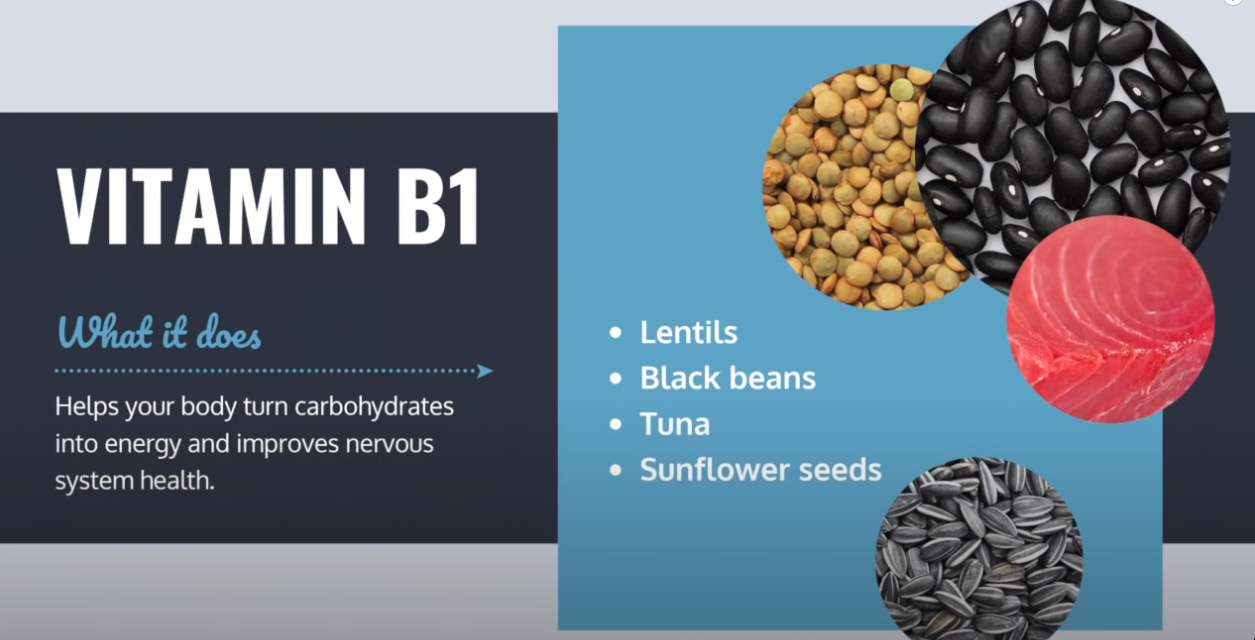
- Tip 2: Eliminate info that doesn't support core message
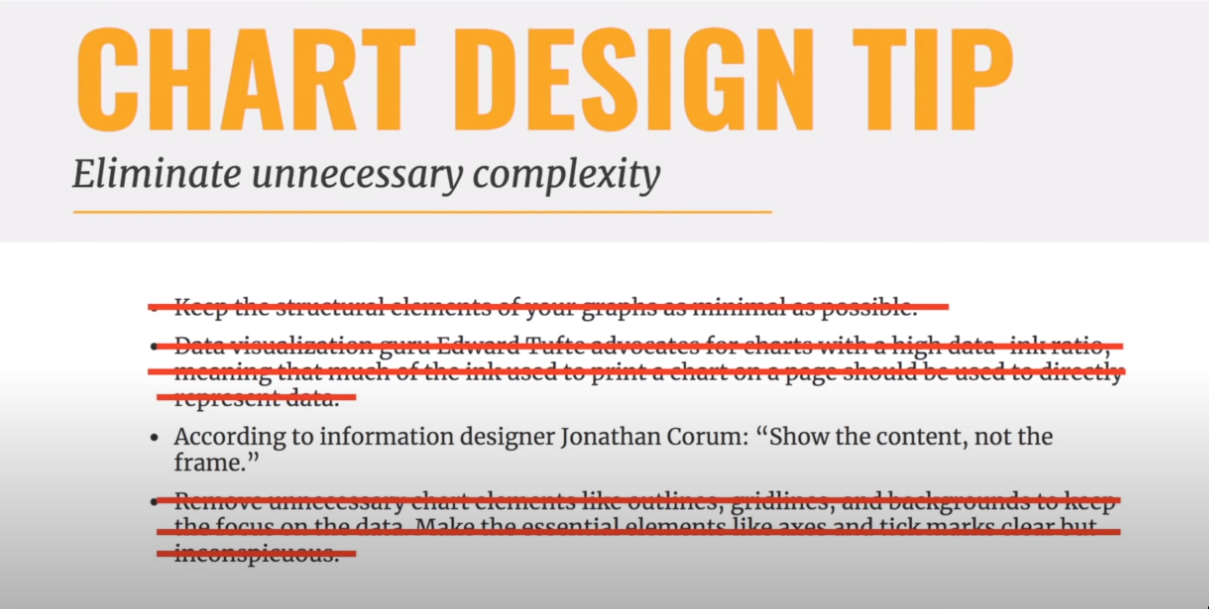

Tip 3: Use text to reinforce, not repeat, what you say
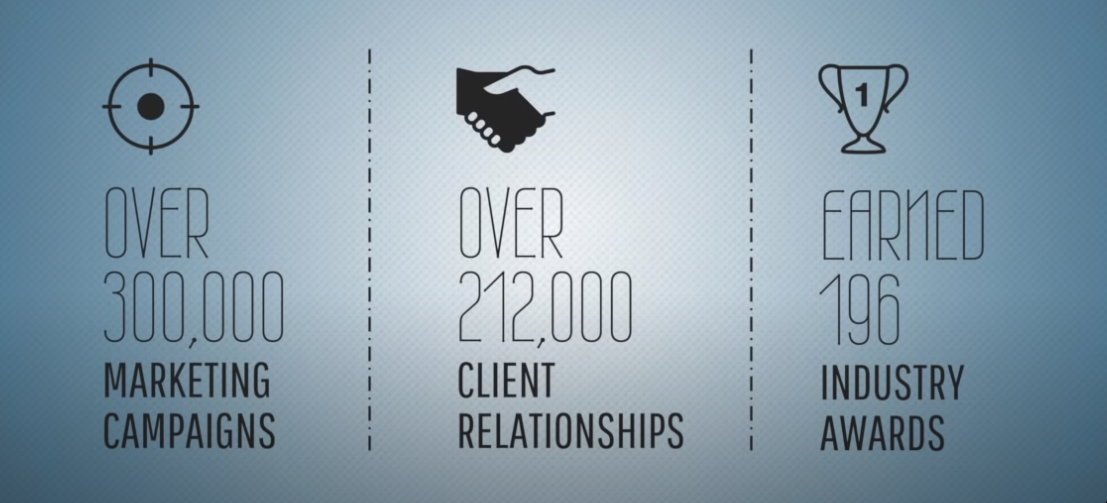
Tip 4: Offer one major takeaway per slide
Tip 5: Use visuals to highlight the core message
Timeline
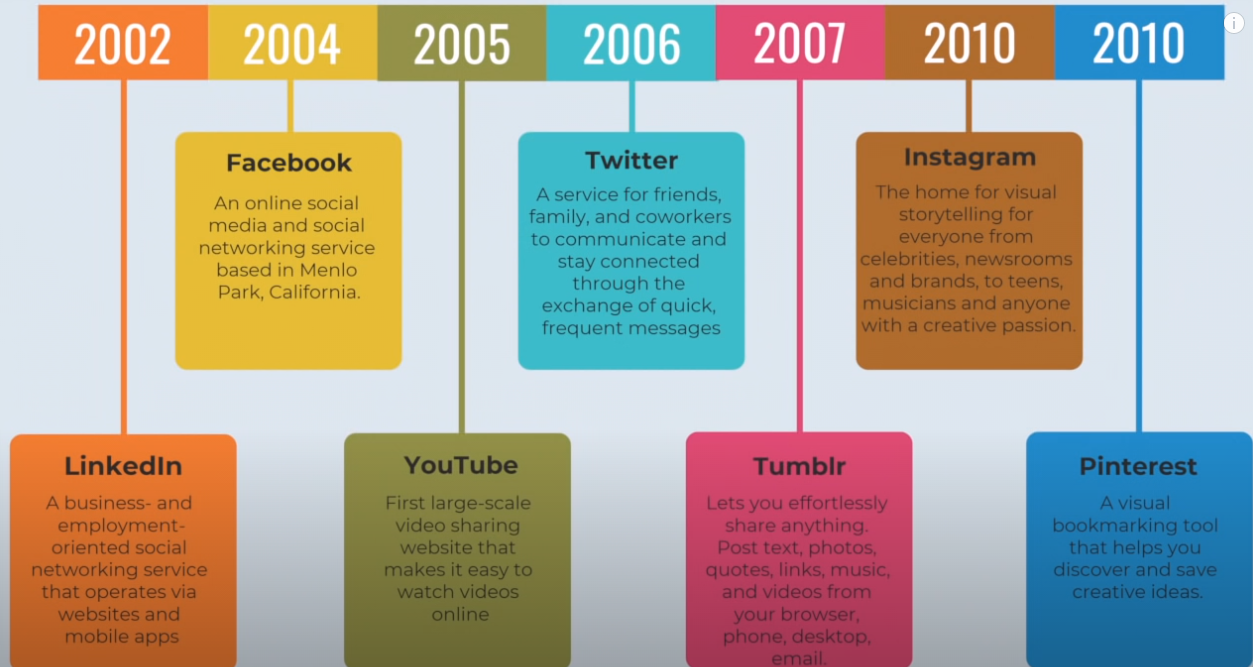
flow chart
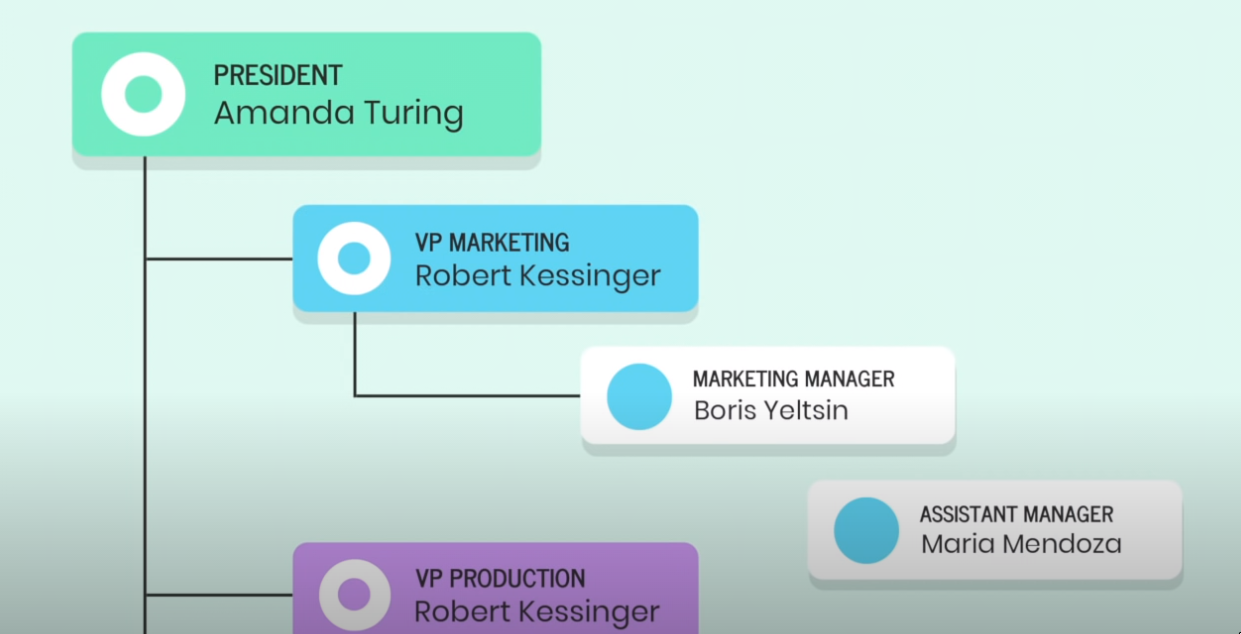
bar graph

pie chart
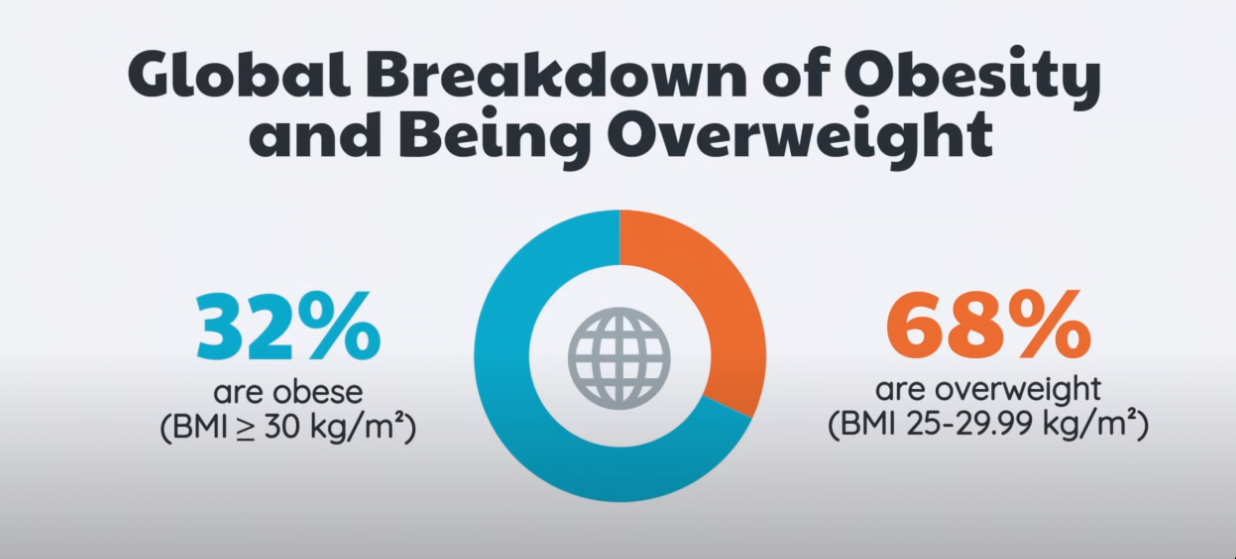
mind map
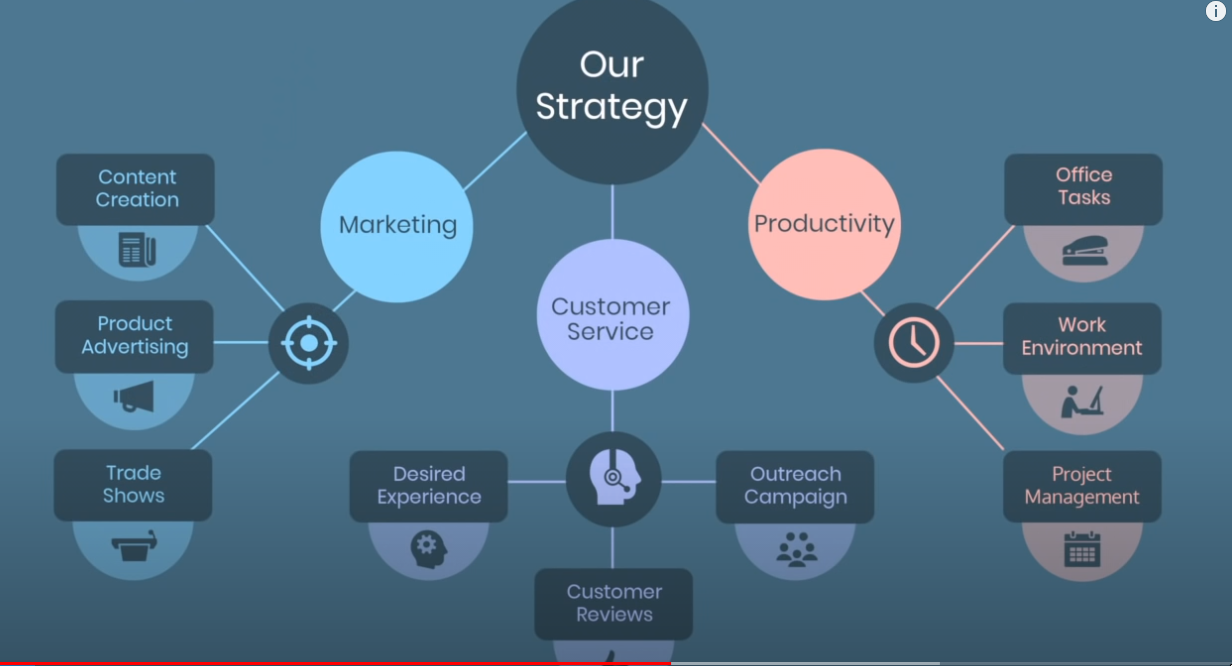
- use icons to represent simple concepts
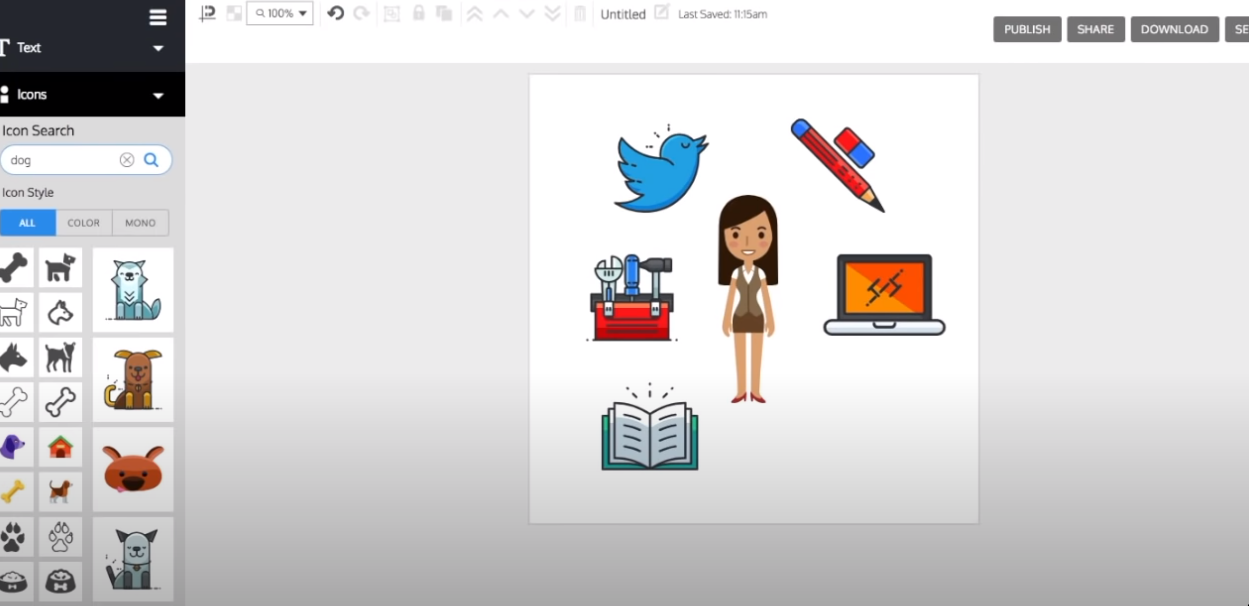
Tip 6: Use progress slides to denote the beginning and end of major section
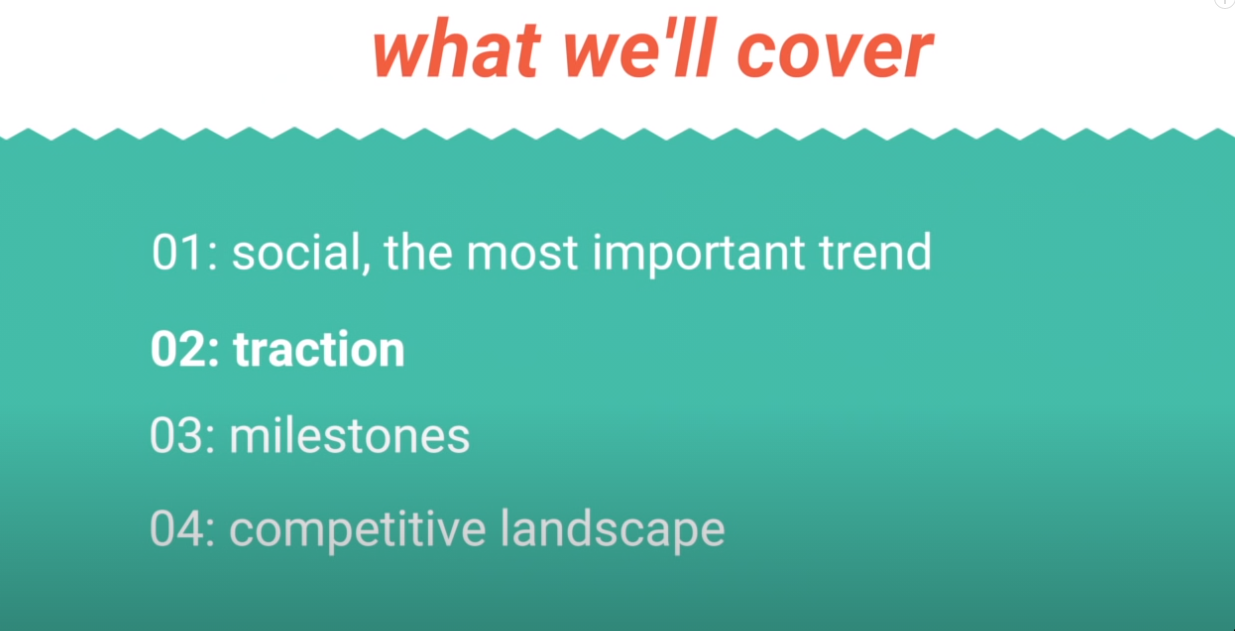
Tip 7: use text size, color and weight for emphasis
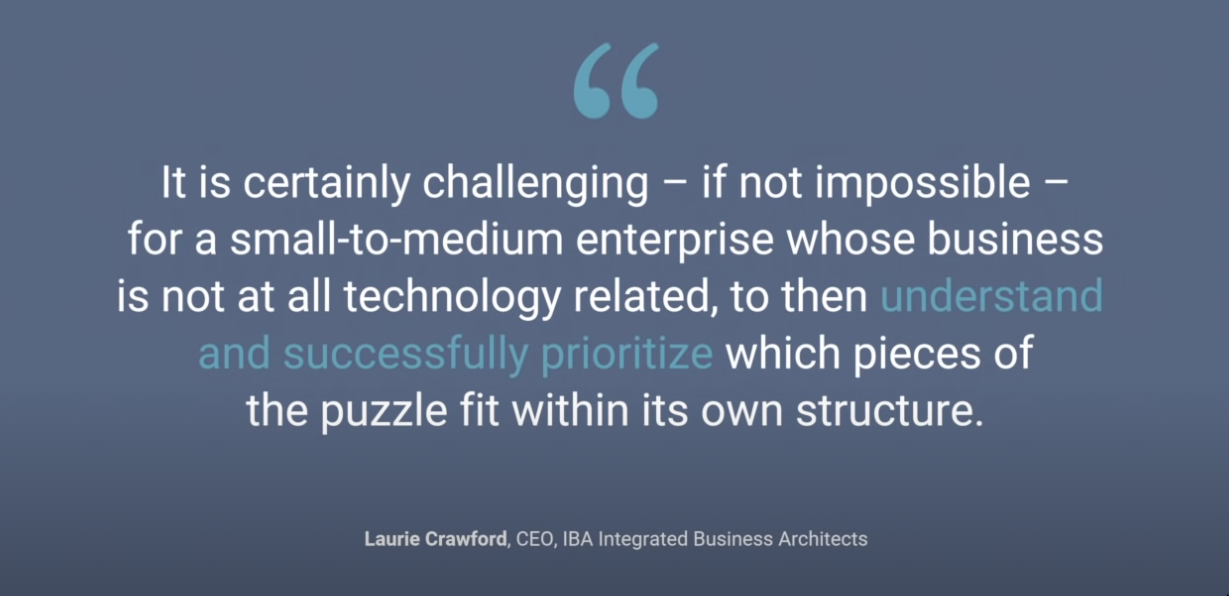
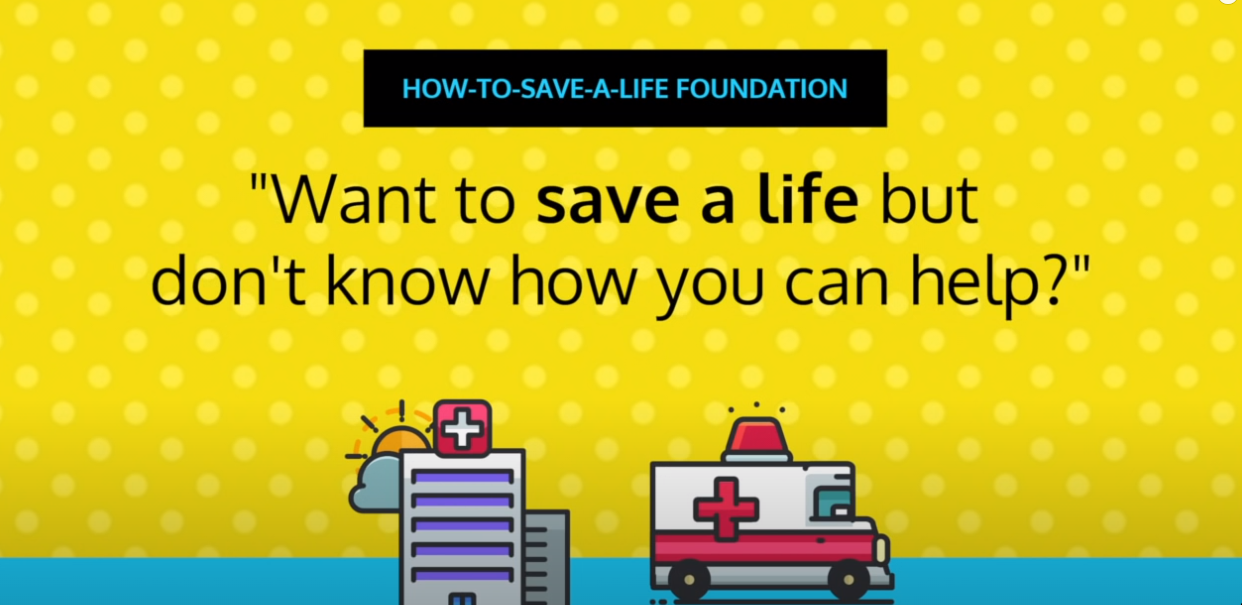
Purpose of a presentation
We want to have an impact on the audience and that's memorable Your number one mission as a speaker is to take something that matters deeply to you and to rebuild it inside the minds of your listeners.
- Structure your presentation Each section is built upon the one before it, you'll hope your audience connect with the content and create logical links between the concepts, it's a greate way to make complex ideas easier for the audience to understand and remember
- Repetiton is your friend
Help an idea stick with make your presentation and you memorable
Tell them what you just told them
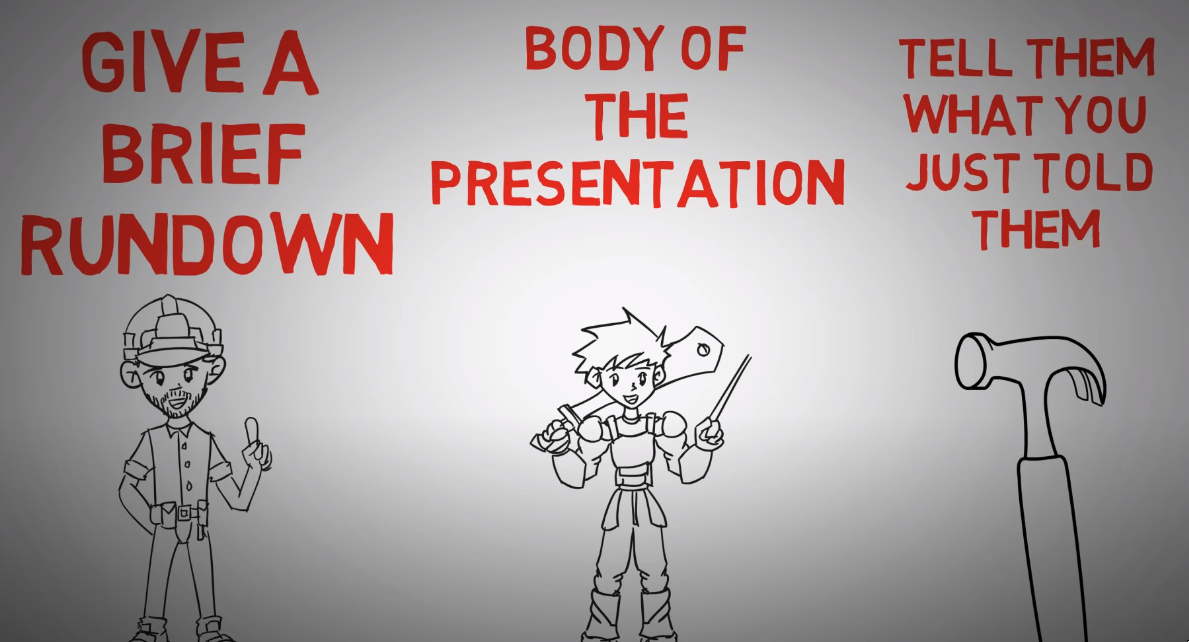
- Have a story to tell The difference betwene between an average presentation that people zone out of and a greate presentation that keep them engaged is how you convey the information to the audience. A greate way to convey the information, the keypoints of your presentation is using a story
3. Have confidence in what you do
You're not going to develop confidence you need if you don't practice and practice a lot. Whatever Danna gives a talk or presentation he practices he said for hours
4. Use analogies to connect with your audience
5. Structure
- When you get up there and say, give a little preview of it and it gonna give your audience benchmark to hit
- Act as if We get nervous because we really want the outcome when we see it's going battle in our mind, flip that right now see it's going better than it is. Get excited about the possiblity. What if you went into the job interview thinks you've already have the job. That make you way less nervous. What if you went on a date thinking the person was already gonna love you, way less nervous, what if you got on stage thinking about the people come after and say: greate speech, phenomenal speech I learned a lot, picture things going well project that in your mind before you go on or give that speech and that really help combat those negative thoughts.
Why You Should Practice Your Presentation 10 Times Before Taking Stage
- After rehearsing your presentation 10 times, you'll have committed your script or talking points to memory
- It frees you up to think about your gestures
Practice will set you apart from your peers
Pratice will boost your confidence
Practice will improve your body language.
Many people don't smile during a presentation. They look very serious. Steve jobs, by contrast, always had a big smile on his face. He enjoyed the performance--and he practiced for his keynotes weeks ahead of time
Designing a presentation
Brainstorm quietly
- Find an uninterrupted time in your day and make a list of all the possible pieces of information you think your audience will want to know.
- Brainstorm all the possible topics relating to the topic

Transition
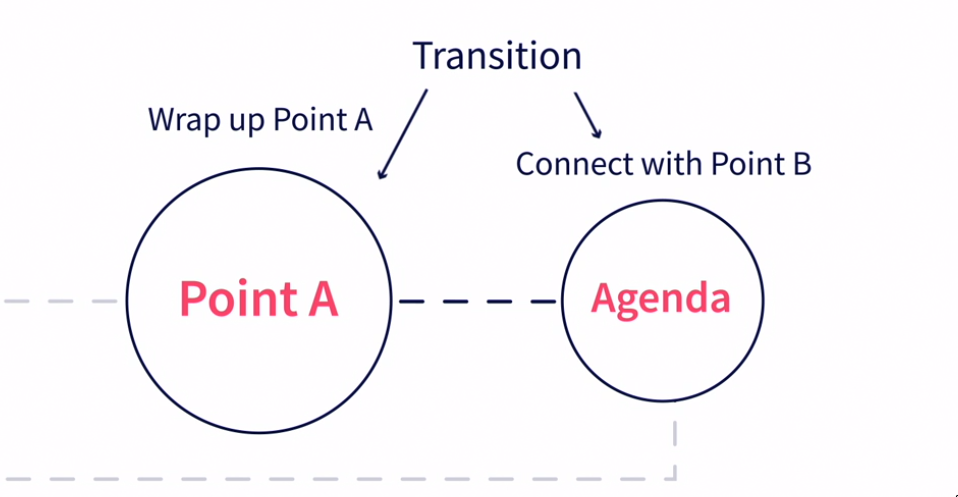
Dont' start by desining slides, Sketch first
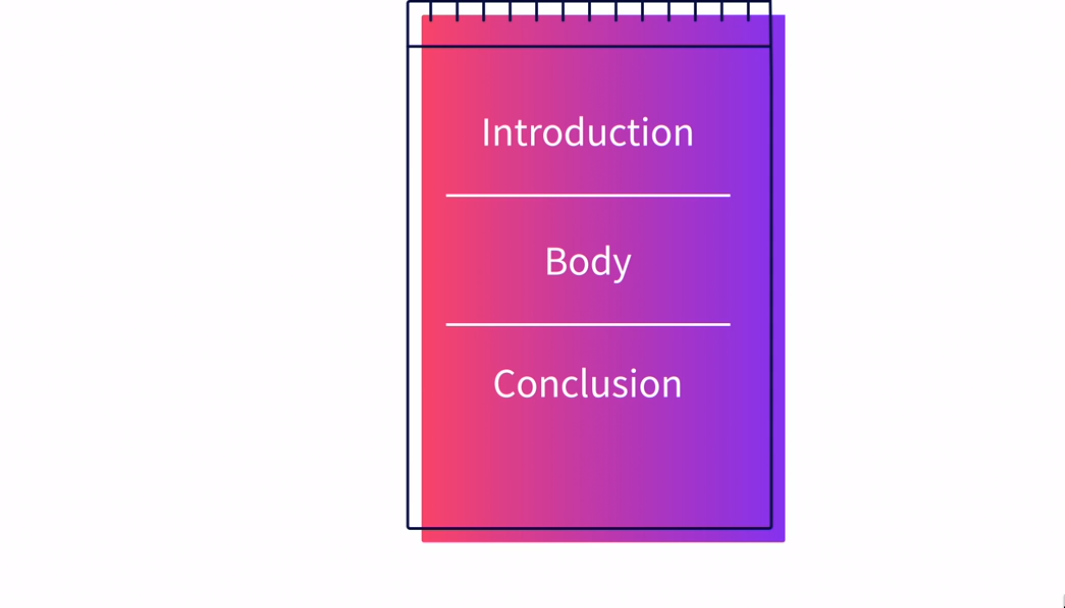
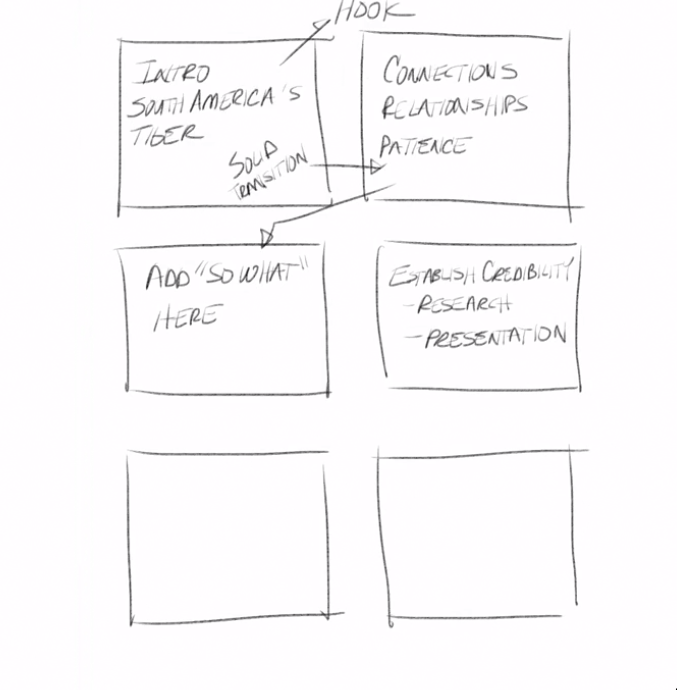 Give audience a reason to listen first
Give audience a reason to listen first
Designing your slides
Nail the intro slide
Agenda at the bottom
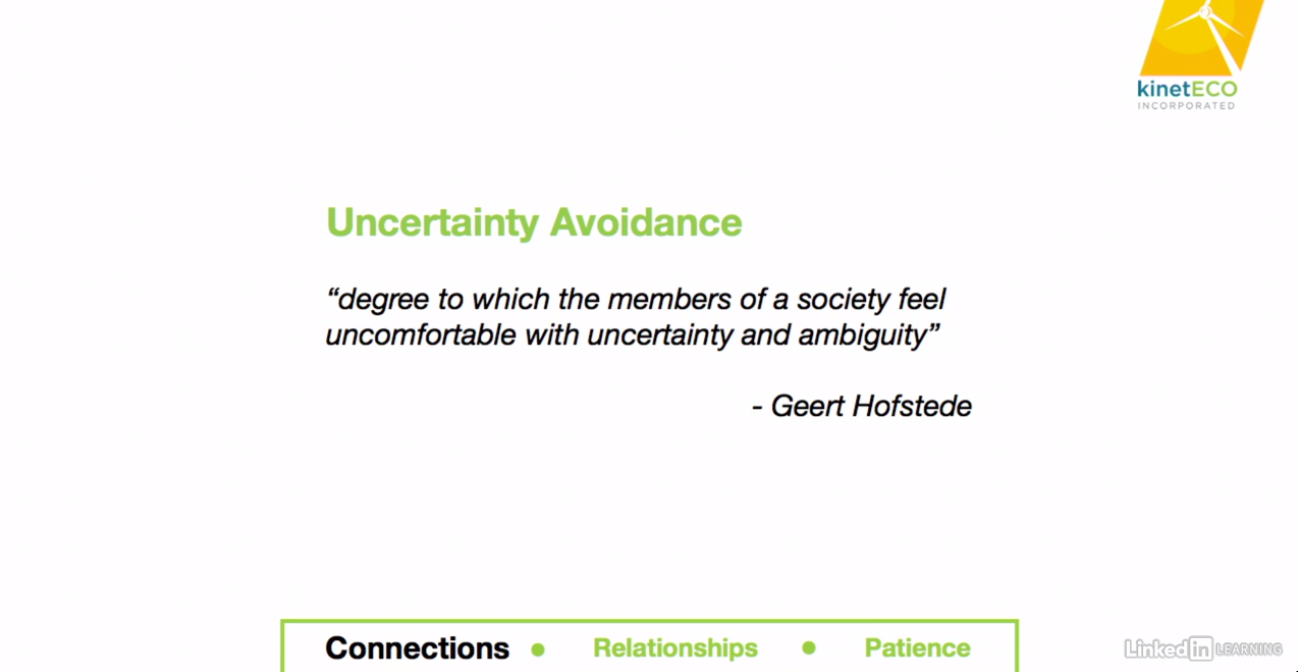

Delivering your presentation
- Record your self
- Look at each person in the room for at least three seconds as you make your points
Practice make perfect
- The more you present:
- The more comfortable and less nervous you will get
- The more confident you will get
- The better able to cope with problems you will get
- If you really want to get good at presenting, take every opportunity to present at user group, in-house, in your company.
Take speaking notes
- Phrases, not paragraphs: Break your presentation speech into sections or key points
- One thought per setence
- Personalize: Include brief stories and quotes in your notes.
Audience
Presentation within your peer group at your company
- Much less demanding because you know the audience
- Less strict on time, content, demos
- Great place to practice, especially re-presenting material you've seen
Presentation to a client or executives in your company
- Must make a good impression
Why bother presenting as a developer
https://pmihaylov.com/presenting-as-developer/ Instead of wasting time creating pretty slides, we can learn the new JS framework. That's totally better. Presenting is something managers do. Professional speakers do. And… that’s about it? Right? Right? Well, actually. Presenting is something we all ought to do.
The transition from dev to manager
In order to become one, we have to be good at presenting. Because those guys in shiny clothes have to run meetings, present in front of their team
Marketing
When people know your name, they know who you are and what you have to offer, opportunities will start coming to you. Companies and people will want to hire you for the job because they believe you are the best in your domain!
And when the demand rises, the value will rise with it as well. So next time you want a better salary, instead of habitually busting your ass off in order off in order to get a bigger chunk of the bone, invest in your marketing. When you as a developer, market yourself, you are not doing anything bad.
https://www.quickbase.com/blog/show-off-your-team-leadership-with-powerful-presentation-skills-2 https://www.inc.com/carmine-gallo/why-you-should-practice-your-presentation-10-times-before-taking-stage.html